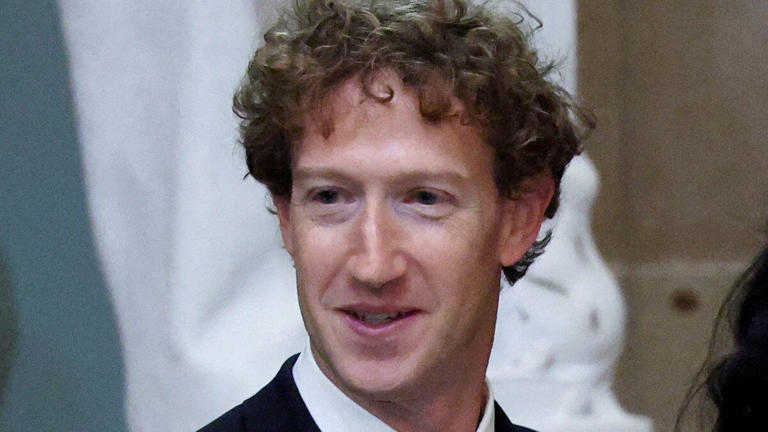Mark Zuckerberg Predicts AI Will Surpass Top Coders in 18 Months, Meta to Rely on AI for Majority of Coding
In a groundbreaking shift that signals the rapid evolution of artificial intelligence in software development, Meta CEO Mark Zuckerberg has made a bold prediction about the future of coding. According to Zuckerberg, AI will surpass even the most talented software engineers within the next 12 to 18 months. He stated that most of the code for Meta’s ambitious Llama project will soon be written by AI, not human developers. This transition, he emphasized, is not limited to simple code completion features like today’s autocomplete. Instead, AI will be capable of understanding goals, running tests, identifying bugs, and independently writing high-quality code—better than even the top coders on a team.
Zuckerberg elaborated on these developments in a recent podcast interview with Dwarkesh Patel. He explained that Meta is deeply investing in internal coding and AI research agents. These agents are not general-purpose developer tools, but specialized systems designed to support the Llama AI models. These AI tools are “fully plugged into our tool chain,” meaning they integrate seamlessly with Meta’s internal infrastructure. The company is building them not for commercial enterprise use, but for advancing its own AI capabilities at scale. This internal focus could give Meta a significant edge in accelerating development timelines and improving code efficiency.
The Meta CEO pointed out that AI systems within the company are already performing at a level equivalent to an “average very good” developer, and are rapidly improving. His statement suggests that the bar is shifting, where AI will no longer be a tool to assist engineers, but the primary engine driving the majority of software creation at Meta. He previously stated that “we will get to a point where all the code in our apps and the AI it generates will also be written by AI engineers instead of people engineers.” This vision is becoming a reality much faster than many anticipated.
Zuckerberg’s statements align with the broader sentiment in the tech industry, where AI is becoming increasingly central to the software development lifecycle. Dario Amodei, CEO of Anthropic, shared a similar outlook in March 2025, predicting that within just three to six months, AI will be responsible for generating 90 percent of the code. By the end of 2025, Amodei believes AI will be generating virtually all software code. These predictions highlight a monumental shift in how software is built, maintained, and iterated.
Other tech giants are already moving in the same direction. Google CEO Sundar Pichai recently revealed that 25 percent of all code at Google is currently written by AI, showcasing the increasing reliance on automated systems to drive innovation and productivity. OpenAI CEO Sam Altman echoed this trend, stating that AI is already responsible for generating 50 percent of code in some companies, signaling a major transformation underway in development teams around the world.
This wave of AI-driven software development suggests that the role of human engineers will evolve. While AI takes over routine and complex coding tasks, engineers may focus more on overseeing AI outputs, defining objectives, and integrating AI-generated code into broader product ecosystems. As the pace of technological change accelerates, companies that effectively integrate AI into their development processes may gain a significant advantage over competitors.
The implications of this shift are profound, not only for engineers and tech companies but for the entire digital economy. AI-driven coding promises faster development cycles, fewer bugs, and a new era of innovation. Yet it also raises important questions about the future of human labor in tech, skill requirements, and the long-term role of engineers in an AI-dominated landscape.
For video news and in-depth discussions on this topic, visit our YouTube channel THE OLIGO.


The adoption of electric vehicle to speed up on Maharashtra EV Policy